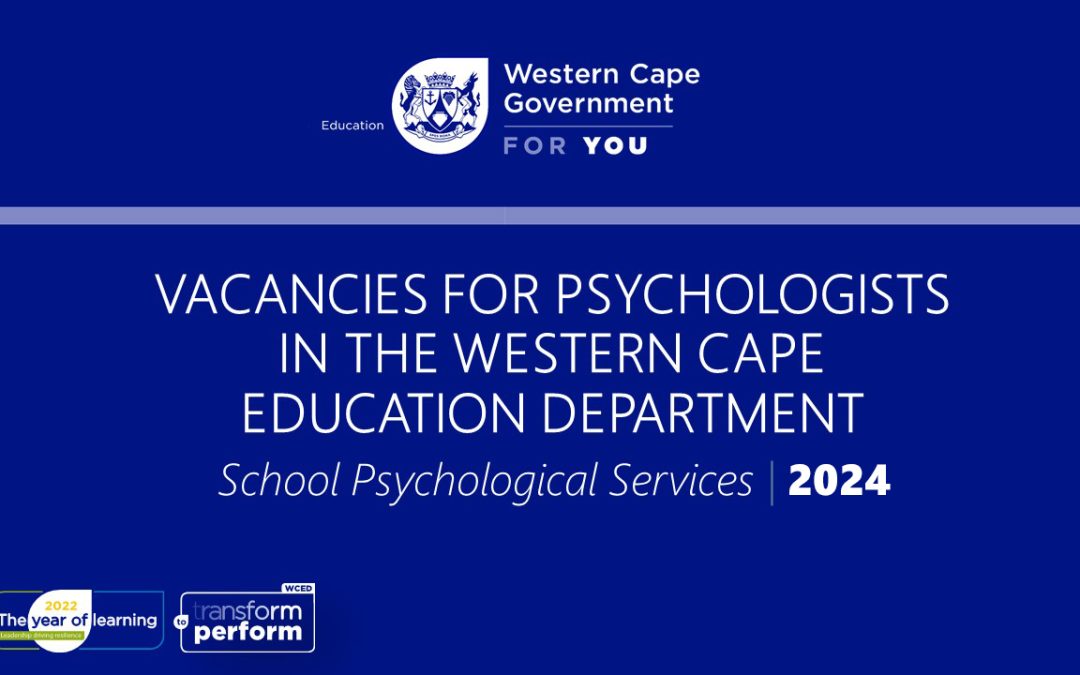In the vast and uncharted territories of the human mind, the emergence of Artificial Intelligence (AI) as a tool in psychology presents a modern-day quandary akin to the existential questions posed by Shakespeare in his timeless play, Hamlet. “To be or not to be, that is the question,” pondered Hamlet, weighing the virtues and vices of existence. Similarly, the psychological community stands at a crossroads: to embrace AI, with all its potential and pitfalls, or to remain steadfast in traditional methodologies, ostensibly unaffected by the relentless march of technology.
The Virtue of Adaptation
In the spirit of adaptation, it’s essential to recognize that “the readiness is all.” As psychologists, our readiness to integrate AI into our practice can revolutionize how we approach diagnosis, treatment, and research. AI’s capacity for data analysis transcends human limitations, offering insights into complex behavioral patterns and enhancing our understanding of mental health disorders. The potential for AI-driven tools to tailor therapeutic interventions presents a future where treatment is not just personalized but predictive, aligning with the prophetic insights of the Bard: “There is a divinity that shapes our ends, rough-hew them how we will.”
The Question of Ethical Imperatives
Yet, this brave new world is not without its “slings and arrows of outrageous fortune.” The ethical implications of AI in psychology demand rigorous scrutiny. As we navigate this terrain, we must ask ourselves whether the use of AI respects the dignity and autonomy of those we seek to help. The integrity of the therapeutic relationship, the confidentiality of patient data, and the potential biases inherent in AI algorithms are but a few of the ethical quandaries we face. In this context, Shakespeare’s counsel to “give thy thoughts no tongue” is a caution against unbridled enthusiasm for AI without due consideration of its implications.
The Unchanging Essence of Psychology
Amidst the fervor surrounding AI, it’s crucial to remember that the essence of psychology remains rooted in the human experience—something no algorithm can fully replicate. The empathetic connection between psychologist and patient, the nuanced understanding of human emotion, and the therapeutic alliance are aspects of our profession that stand resilient against the tide of technology. In this light, one might argue that psychology, in its purest form, remains “a constant in a sea of change,” unaffected by technological advances.
The Synthesis of Old and New
However, to dichotomize the future of psychology as a choice between AI and traditional methods is to oversimplify the issue. Instead, let us “take arms against a sea of troubles” by forging a synthesis between technology and tradition. By integrating AI into our practice judiciously, we can enhance our capabilities without losing the human touch that defines our profession. This balanced approach allows us to extend the reach of psychological services to underserved populations, democratizing access to mental health care in ways previously unimaginable.
Conclusion: A Brave New World Awaits
As we stand on the precipice of this brave new world, the question “To AI or not to AI?” invites us not to choose between two paths but to pave a new one that harmonizes the strengths of AI with the irreplaceable value of human insight. In doing so, we heed the wisdom of Shakespeare, who understood that the essence of humanity lies not in eschewing change but in embracing it with courage, caution, and compassion. Let us then, with eyes wide open to both the perils and promises of AI, step forward into the future of psychology—a future where technology serves to amplify, not supplant, the healing power of the human connection.




